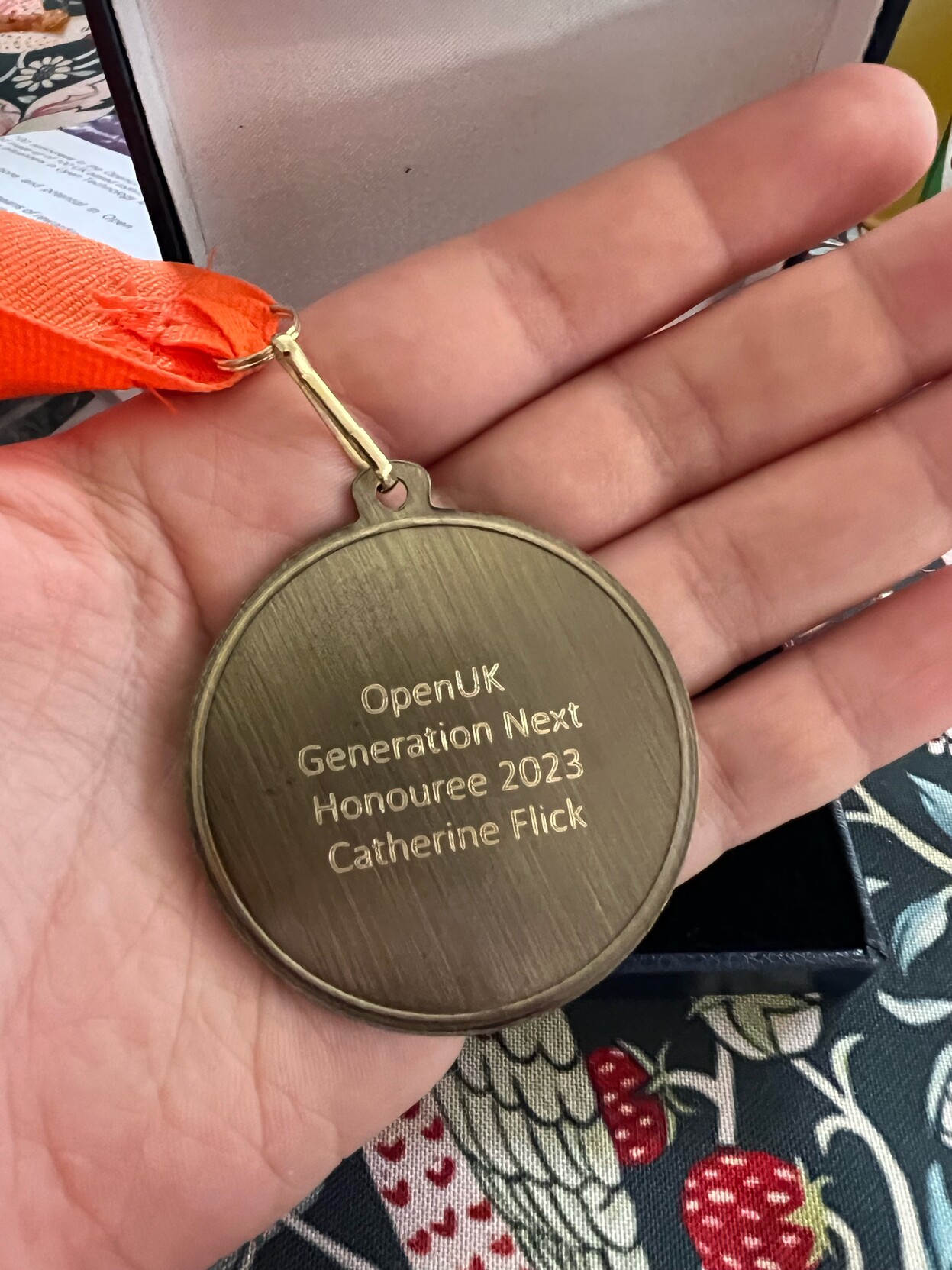Publication: Cross-cultural patterns in mobile playtime: an analysis of 118 billion hours of human data
I'm super excited to announce this publication, as it's the first major one from my new project I am working on with Anders Drachen (Southern Denmark University), David Zendle (University of York) and Sebastian Deterding (Imperial College London). We have teamed up with Unity Technologies, makers of the Unity game engine, gaining access to several years worth of data about where, when, for how long, and what people play, and how much they pay for In-App Purchases where these are enabled. This amounts to billions of hours of extremely valuable gameplay data; the types and amounts of data that have not been accessible before to academia.
One of the key things we want to do with this project is to showcase the value of opening up game development data (telemetry, transaction, etc. data) to research. And this first published paper sets the scene really well. There's been no real research done on mobile gameplay using anything other than self-reported data; this is notoriously unreliable compared with actual telemetry data from the games themselves – and usually confined to a small number of games. With the Unity dataset, we have access to this data for over 2 million mobile games.
We were interested in seeing what mobile gaming cultures exist across the world, i.e. what countries play in similar ways? And we were also interested in seeing whether the commonly held understanding that East Asian countries (e.g. China, Japan, South Korea) form a “monolithic bloc in terms of how they play games” compared with the rest of the world would hold true within this landscape.
Fast forward through a lot of very pretty graphics of the world and clusters that were originally named after Greek letters, then animals in the areas described, but returned to boring alphabetical identifiers in the revisions, and we found basically that there are 8 clusters of play cultures, with (largely) European countries playing similarly to China; India playing similarly to developing countries in Africa, Central and South America, Central and South Asia, and the Pacific Islands; the USA and Canada playing similarly to Russia and Japan; and a set of wealthy east Asian territories (Singapore, South Korea, Macao and Hong Kong) with a high standard of living having the highest saturation of playtime per capita and with the “most extreme” gamers – “the top 1% of players in these countries account for almost 58% of total playtime”.
What this means is that there are some surprises in how the world games – going into this I expected European countries to play similarly to the USA and Canada given a shared Western capitalistic lifestyle; this was not true, and the USA and Canada played more like Russia and Japan than European countries. Similarly we showed that East Asian countries cannot be treated like a bloc. We ended up raising more questions than we answered – why are these differences there? In charge of interpretation, I went down a lot of rabbit holes looking to see if there was anything obvious that could explain some of the clusters. Places where US military outposts lie or popular holiday destinations might explain the clustering of Caribbean countries with the USA, but other clusters are quite curious. What factors cause Guinea, Vietnam, and a series of small Pacific Islands to play mobile games similarly? Our initial forays into questions of economics, religio-cultural factors, and others showed very different contexts to these countries. We hope that further research might answer these questions.
You can access the paper for free here: https://www.nature.com/articles/s41598-022-26730-w
Citation: Zendle, D., Flick, C., Halgarth, D. et al. Cross-cultural patterns in mobile playtime: an analysis of 118 billion hours of human data. Sci Rep 13, 386 (2023). https://doi.org/10.1038/s41598-022-26730-w
#publication #mobilegames #gameplay #unity #futurevirtualeconomies
Follow this blog on the Fediverse: @cflick@blog.liedra.net Want to comment? Copy me in: @CatherineFlick@mastodon.me.uk
